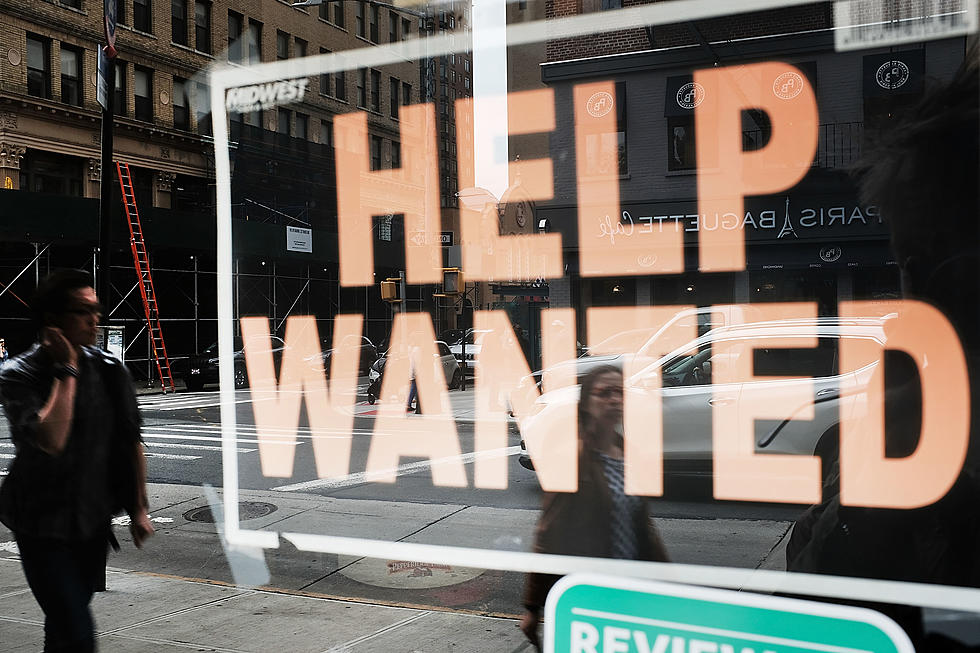![More Get Socked With Overdraft Fees, Study Shows [AUDIO]](http://townsquare.media/site/385/files/2011/06/103218667.jpg?w=980&q=75)
More Get Socked With Overdraft Fees, Study Shows [AUDIO]
A new federal study find those bank fees for overdrawing on accounts is hitting consumers to the tune of $225 a year on average.
The Federal Consumer Financial Protection Bureau says in the report that one in five checking customers overdraw their account.
Many banks aren't really complaining because the fees account for 60 percent of their checking account revenue.
"I think individuals should shop around, should try to assess their own financial situation, be aware if they are incurring these fees and do what they can so they can minimize their costs there," Rider University finance expert Maury Randall said.
Policies still vary widely from bank to bank, often making it hard to understand the risks and costs associated with an overdraft program. Some banks limit the number of overdraft fees a customer can incur in one day to two, while some allow as many as 12.
Some won't charge fees if an account was overdrawn by less than $5 while some charge fees on every transaction; and some order transactions in a way that maximizes overdraft fees while others minimize fees. The limits on the amount of money that overdraft protection will cover can also vary.
As of 2010, the Federal Reserve ordered banks to allow customers to opt out of overdraft protection if they choose to.
More From New Jersey 101.5 FM









